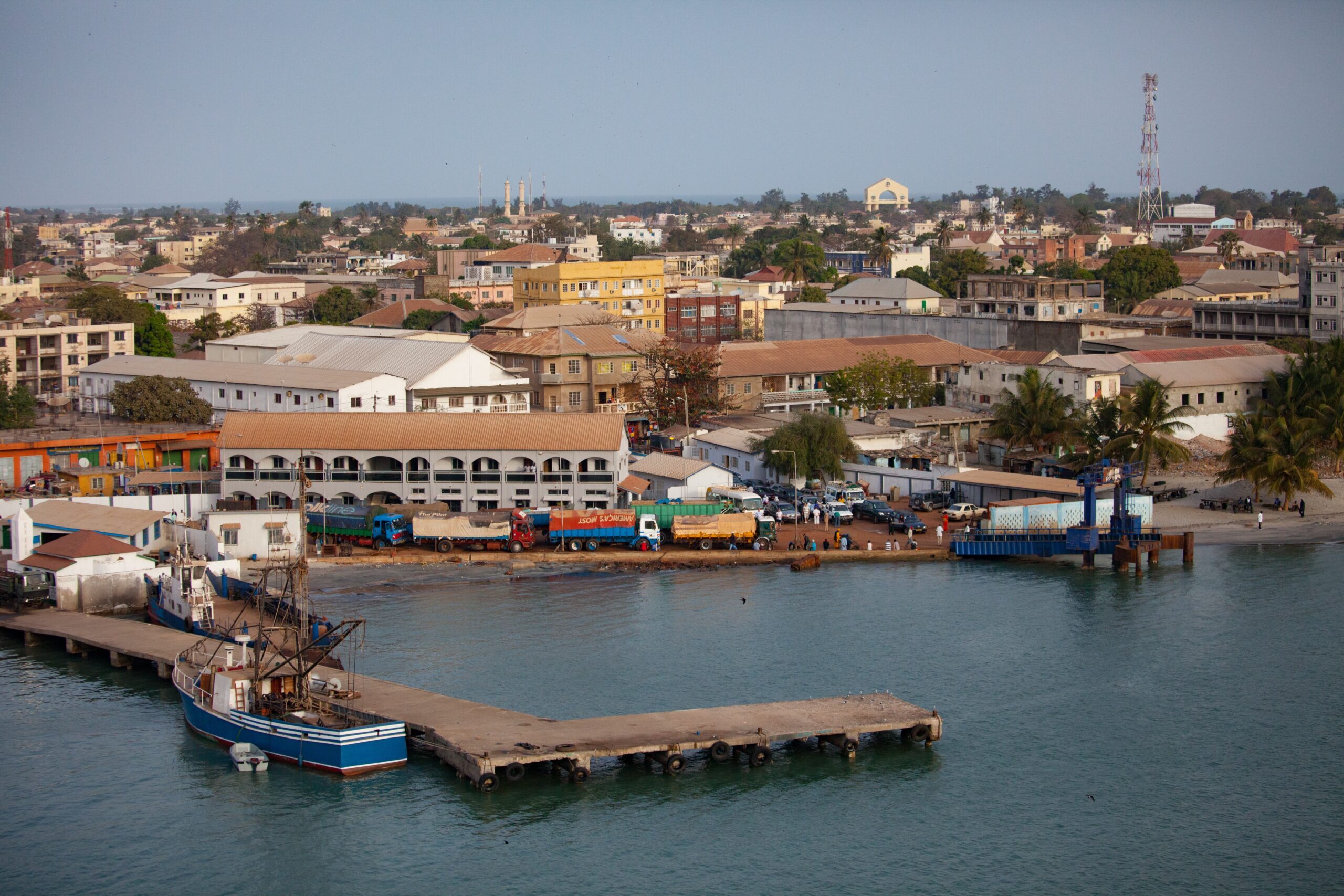Gambiaj.com – (BANJUL) The Migration and Sustainable Development in The Gambia Project highlights the crucial role of Africa’s diaspora in facilitating economic, social, political, and cultural exchange.
Across Africa, governments have enacted a range of measures to engage their diasporas. Countries in all parts of the continent – from Zimbabwe to Nigeria, The Gambia to Kenya – have all implemented diaspora engagement initiatives.
This sharpened focus on the diaspora is not happening in a vacuum. It is an acknowledgement that Africa’s diaspora remains under-tapped and that it is key to the continent’s development. The African Union has long recognized the diaspora as the ‘sixth region’ of Africa, underscoring its importance and role in driving forward the continent’s development agenda.
The multifaceted contributions of the diaspora
There are 281 million international migrants globally. Of these, more than 40 million were born in Africa. While African international migrants are a small slice of the continent’s more than 1.2 billion people, they make outsized contributions to their countries of origin and their destinations.
Migrants and their descendants everywhere – including those from Africa – make significant contributions across a range of spheres, enriching societies in various ways. Socioculturally, their diverse backgrounds and traditions enhance cultural diversity across areas such as food and music, while the values they bring – to both origin and destination countries – can positively shape communities.
They also often engage actively in civic life, contributing fresh perspectives and experiences. Perhaps most visibly, migrants make pivotal economic contributions as workers, investors and entrepreneurs, driving innovation and economic growth. They also send vast sums in remittances, which are vital for their families and communities and a source of much-needed foreign exchange for many countries.
In 2022, remittances to sub-Saharan Africa totalled $53 billion and were forecast to reach $54 billion in 2023. Several countries across the continent are hugely dependent on remittances; inflows to The Gambia, for example, comprised nearly 30% of its gross domestic product (GDP), the largest share of GDP in Africa.
Evidently, migrants and their descendants are pivotal drivers of development. Functioning as vital bridges between host and origin countries, they facilitate essential economic, social, political and cultural exchange.
Migration and Sustainable Development in The Gambia Project
The many contributions of the diaspora, as well as those that remain untapped or underutilized, makes it critical to further engage with them, including as part of national development processes. While several countries in Africa have made strides in harnessing the potential of their diaspora in development, these efforts have often been piecemeal and fragmented. The Migration and Sustainable Development in The Gambia (MSDG) Project is a success story that offers important lessons on how to strengthen diaspora engagement for development in a comprehensive and sustainable way.
Launched in 2017 by GK Partners Limited, the Project – the aim of which is “to enhance the role of The Gambian diaspora in national development, as the Eighth Region of the country” – has undertaken about 100 specific development activities, most of them new to The Gambia and nonexistent in many low- and middle-income countries. The Project’s strategy encompasses six key areas: diaspora participation in policy, remittances and financial inclusion, diaspora investment and enterprise, training and development, stakeholder technical support and public sector institutional cooperation.
Now in its third phase, the first two phases of the MSDG Project have already resulted in remarkable achievements. Among these have been the declaration of the diaspora as the ‘eighth region of the country,’ as well as the formulation of government policy and the Gambian Diaspora Strategy (GDS), which has been fully incorporated in the Gambia national development plan. The Project has also resulted in the creation of the Gambia Diaspora and Migration Directorate and provided technical support to government ministries, departments and agencies.
It also enhanced technical cooperation with the Central Bank of The Gambia leading to major improvements in remittance data collection and monitoring. Multiple pioneering studies and other publications on Gambian migration, diaspora and development have also come out of the Project. To ensure that the diaspora are included in national processes and that their voices are heard, the Project has set up a Diaspora Development Fund. This provides technical guidance on diaspora out-of-country voting, as well as parliamentary representation, among other achievements.
A holistic approach to diaspora engagement
While there is still a long way to go to ensure that The Gambia fully harnesses the contributions of the diaspora, the measures and initiatives achieved through the MSDG Project put the country on the right track.
This MSDG Project now offers a roadmap to other countries and demonstrates how to make diaspora contributions integral to national development processes. Strengthening diaspora engagement for development ensures that it is not merely an afterthought; now a further shift is needed, from mainstreaming to institutionalization.
Culled from weforum.org










